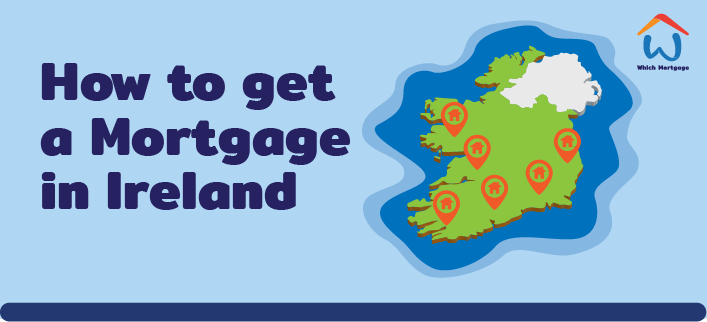Preparation is Key
Applying for a mortgage is a serious financial undertaking that requires meticulous planning and preparation. In fact, preparation is the key to making you experience a less stressful mortgage process. That’s why we recommend that you begin your
mortgage preparation at least 6 to 12 months in advance of us submitting your mortgage application.
Get your Finances in Order
An important aspect of your mortgage preparation is
getting your finances in order which ultimately comes down to being able to demonstrate good financial habits (i.e. living within your means, saving and not being over-indebted). Your lender will carefully examine your finances while evaluating your repayment capacity. Therefore, it is advisable to address any potential issues on your bank statement that could be viewed as “red flags” by a lender at an early stage of your preparation.
Ways you can overcome red flags include:
- Avoid using your overdraft as much as possible. Using your overdraft regularly indicates that you are living beyond your means and that you may not be able to afford your mortgage repayments
- Eliminate credit card debt and clear your balance each month
- Pay your loan repayments on time
- Keep your monthly savings in a separate account and ensure that you save regularly and consistently.
Save for a Deposit
Another essential aspect of a strong mortgage application is your
savings towards your deposit. First time buyers are required to have a minimum deposit of 10% of the property’s purchase price. Nevertheless, the greater your deposit, the higher the likelihood of you obtaining a favourable mortgage. Creating a savings plan, and sticking to it, will significantly enhance your ability to secure a deposit and cover ancillary mortgage costs such as solicitor’s fees and valuation costs.
Your Employment Status
When preparing for your mortgage application, it is imperative that you can evidence regular income. If you are in full-time employment and you have completed your probation period, the lender is more likely to consider you a good candidate for a mortgage. Therefore, it is best to avoid changing jobs while you are preparing for your mortgage.
If you are
self-employed or a contract worker, you can still apply for a mortgage. You will be required to demonstrate that your income is consistent and that you are able to afford your monthly repayments. It is therefore important to keep financial records that are correct and up to date so that you can demonstrate your income.
Gather your Paperwork
Applying for a mortgage involves some
paperwork, but don't worry –
our team is here to guide you every step of the way. We'll help you gather the documents your lender needs and make sure they are in the format required by your lender.
Typically, lenders ask for a copy of your passport, proof of your current address, a summary of your employment details, recent payslips, and bank statements (for your current account, credit card, and savings account). If you are self-employed, you'll need to provide your business bank accounts and financial statements to support your income.




